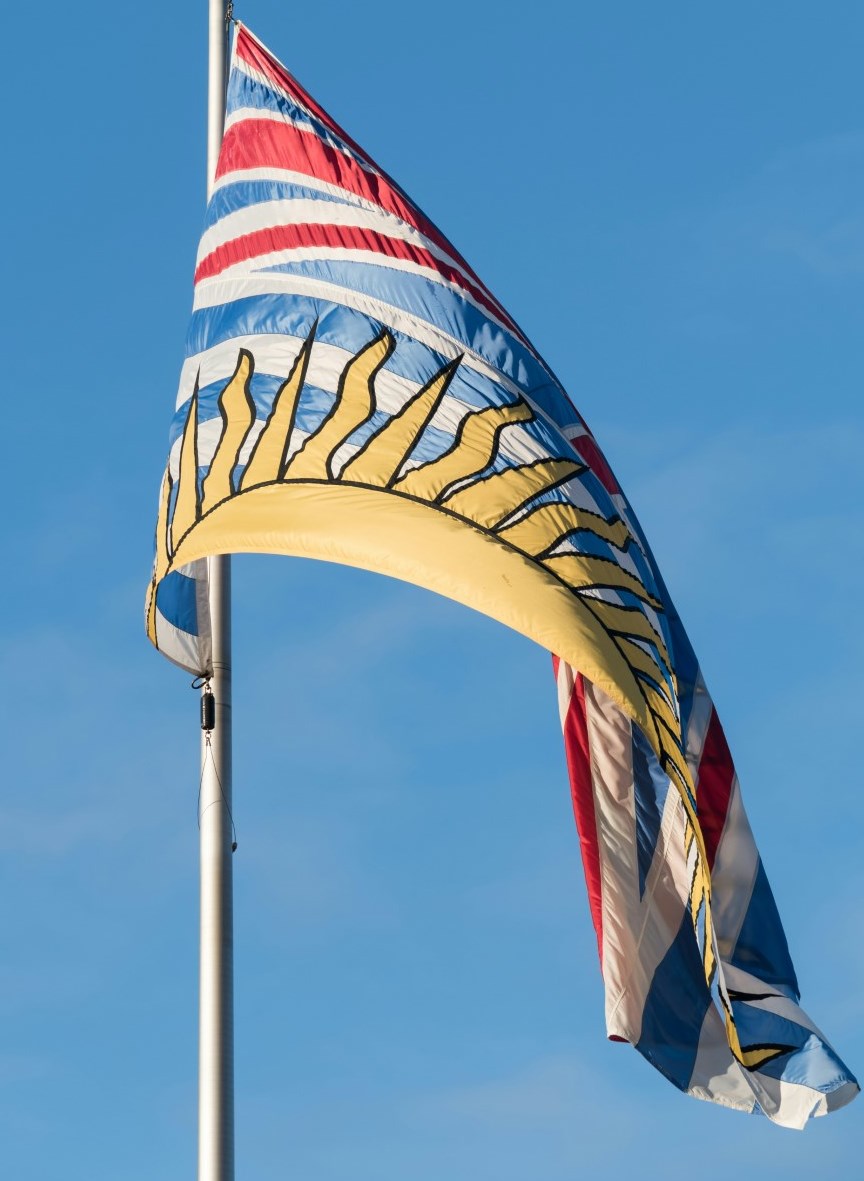British Columbia’s hotly contested election campaign has been cast as a bellwether for the upcoming federal election, which, as we all know, could be called any moment. The B.C. vote is a test in more ways than many realize.
On the surface, there are a number of parallels to the federal situation. In both cases, It’s the free-spending progressives versus the commonsense conservatives.
Will B.C.’s resurgent Conservatives be able to overtake the province’s progressive – and some would say, tired – incumbent government led by its divisive leader? At that level, it’s not hard to see how closely the story tracks with the fight that’s shaping up in Ottawa. But the parallels run much deeper than that. I had no idea just how much of a testing ground this contest is for not only the mood of voters but also for starkly opposing platforms and campaign tactics.
It seems both John Rustad, bad-boy leader of the Conservatives and David Eby, elitist captain of the NDP, are testing out strategies that will either be employed or abandoned when the federal election campaign gets underway, depending on how they perform in the provincial election.
Consider: Rustad is an anomaly in a green province for questioning the science of climate change. After opponents criticized his shockingly archaic views on the subject, he now says he believes climate change is human-caused. Meanwhile, Eby is portrayed by Conservatives as someone out of touch with the common folks of B.C., who are struggling with affordability issues and, in particular, the ridiculous cost of housing in the lower mainland. His record of rapid growth in spending, a stark departure from his predecessor, John Horgan, is a particular vulnerability.
Rustad is promising hope to people who are exhausted by escalating prices. That includes ending all forms of carbon pricing, rolling back the NDP’s housing policies, and lowering taxes while returning the province to balanced budgets. (This latter promise – reducing revenue through lower taxes while finding a way to slash debt – is a typical conservative promise that always gives me pause. Clearly, the only path to a balanced budget would involve massive cuts in public sector spending.)
Rustad is the law-and-order guy, blaming Eby’s government for the street chaos that escalated with the province’s failed pilot project to decriminalize drug use. Eby scrapped the experiment last summer after a widespread backlash over illicit drug use in hospitals, parks and other public spaces.
Eby is urging voters to be patient, claiming that expensive investments the NDP has made in healthcare, housing and public safety are now starting to bear fruit. “We are just turning the corner,” he said at a recent rally. Don’t bet on it, responds Rustad. Instead, the province needs to respond to Eby’s “weak” leadership: “B.C. is at a crossroads. The question is, are we going to fight for our future, or continue to manage decline.”
Eby, unwittingly, has become a proxy for Prime Minister Justin Trudeau, whose leadership has also been cast as weak. Like Eby’s government, the federal Liberals have been heavily criticized for poor fiscal management. Where they differ is on the federal Liberals’ carbon tax file. Eby has read the tea leaves and promised to eliminate the unpopular tax if the federal government no longer requires it.
Pierre Poilievre’s team, too, is watching Rustad’s electoral performance closely. Like Rustad, Poilievre is a bit further right than most Canadians are. The question that B.C. will answer is whether voters are so turned off with the incumbent they will take a chance on a replacement whose values may not be entirely aligned with theirs. If the perceived need for change is compelling enough, then they just might hold their noses and vote for Rustad. That would, no doubt, embolden Poilievre, who is – let’s face it – less than charming with his incessant whining on the carbon tax.
Sadly, it is yet another case in which parties have failed to capture the zeitgeist of their constituents. Really, why is it so hard for parties to figure out what ordinary Canadians want from their governments?
So watch B.C.’s vote not just for its own sake but also for what it might foretell on the federal scene. There are notable differences to keep in mind, of course, especially the fact that the federal Liberals are in a very deep trough in the polls while B.C.’s NDP are roughly in a dead heat with their opponents.
Can Eby rally his base and cling to power? The outcome of B.C.’s rollercoaster election might tell us a lot about what to expect when federal Liberals finally face their judgment day.
Doug Firby is an award-winning editorial writer with over four decades of experience working for newspapers, magazines and online publications in Ontario and western Canada. Previously, he served as Editorial Page Editor at the Calgary Herald.
©
The commentaries offered on Â鶹´«Ã½AV.ca are intended to provide thought-provoking material for our readers. The opinions expressed are those of the authors. Contributors' articles or letters do not necessarily reflect the opinion of any Â鶹´«Ã½AV.ca staff.




